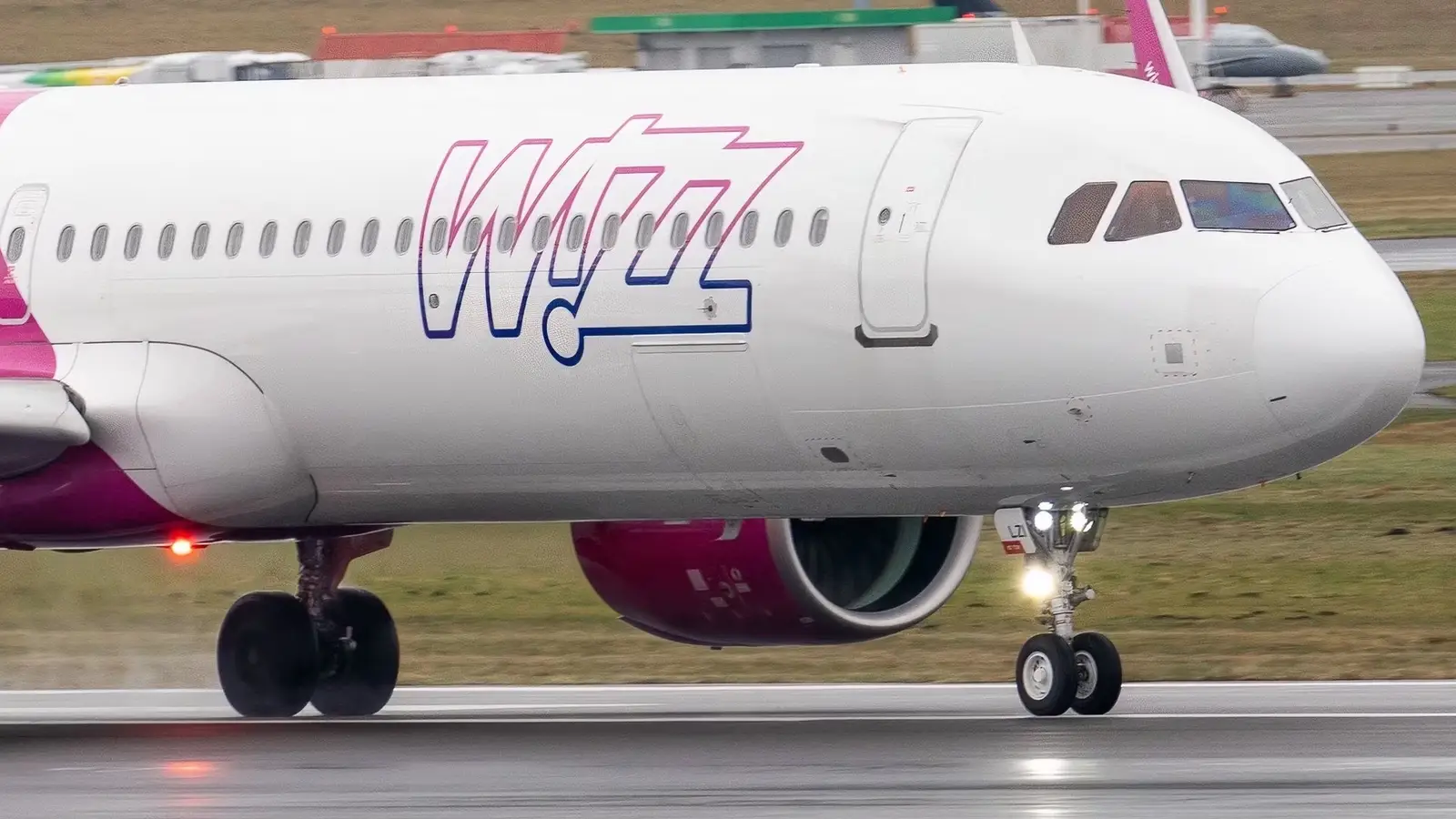
Wizz Air won “Sustainable Airline of the Year 2025” at the annual Sustainability Awards presented by Airline Economics, with the carrier being recognized for transparent reporting and investment in fuel-efficient aircraft. The airline offered an operations-focused environmental strategy, and it was recognized for its ability to execute this strategy. The airline reaffirmed its commitment to its Net Zero by 2050 roadmap, urging radical industry and government action.
The airline’s full-year 2025 emissions intensity was set at 52.2 grams per passenger-kilometer, and by 2030, Wizz Air targets a 25% cut in carbon intensity and aims for 10% of flights to be powered by Sustainable Aviation Fuel (SAF). The carrier’s strategy rests on three pillars, including flights, fuel, and footprint, with the airline looking to reduce emissions by 30% through its fleet renewal strategy alone.
A Deeper Look At The Company’s Sustainability Award
Wizz Air recently won “Sustainable Airline of the Year 2025” at the Airline Economics Sustainability Awards Gala, which was held at the Natural History Museum in London during the Growth Frontiers London event, which was hosted on September 17, 2025. The judges recognized the airline’s interest in maintaining industry-leading transparent reporting standards and investment in an extremely fuel-efficient fleet, according to an analysis from AeroTime Hub.
Low-cost airlines are some of the most interested in lowering carbon emissions, as reducing fuel costs contributes to their cost advantage. The airline aims for 10% Sustainable Aviation Fuel (SAF) usage by 2030, making Wizz Air one of the most committed to reducing its overall carbon footprint. This award helps highlight the process that Wizz Air is making towards low-carbon flying across flights, fuel, and its overall carbon footprint. In a statement, Dorottya Durucsko, the Head of Government Affairs and Sustainability at Wizz Air, had the following words to share:
“Recognition from Airline Economics and Estuaire strengthens our belief that we are on the right path of strengthening ecosystem of aviation. Let’s WIZZ.”
What Does This Award Mean For Wizz Air?
Winning this landmark award certainly offers a credibility boost for Wizz Air that can be converted into direct improvements in financial performance. For customers, the airline’s focus on sustainability offers some reputational improvements, especially when it comes to corporate travelers with ESG mandates. This validates choosing Wizz Air on high-volume European routes over other players, something the airline would like, especially when it competes with legacy players.
For investors and aircraft lessors, this award reinforces the thesis that even in a low-cost, high-utilization model, airlines can reduce per-passenger carbon emissions and potentially improve capital access and lease terms for customers. This continues to strengthen Wizz’s hand in SAF offtake talks and airport slot negotiations, where noise and carbon emissions are very important.
Internally, this award rallies employees around its Net Zero plan, and it helps create a healthy pressure for the company to deliver on its target sustainability metrics. The flip side of this is that the airline faces increased scrutiny when it comes to emissions reporting, SAF sourcing, and on-time fleet renewal.
What Is The Bottom Line?
At the end of the day, Wizz Air is a low-cost carrier capable of carbon-conscious operations. As low-cost airlines typically face the highest cost pressures, many shy away from engaging directly with the more expensive aspects of ensuring sustainability in air travel operations.
Furthermore, there are also many steps left for airlines to take to reduce carbon emissions. Some carriers have taken more audacious steps than others, underscoring their ability to perform under pressure from investors.
At the end of the day, aviation is not decarbonizing any time soon. The days of hydrogen-powered aircraft that emit zero carbon are long ahead of us, and passengers will still see some individual carbon output for years to come.



